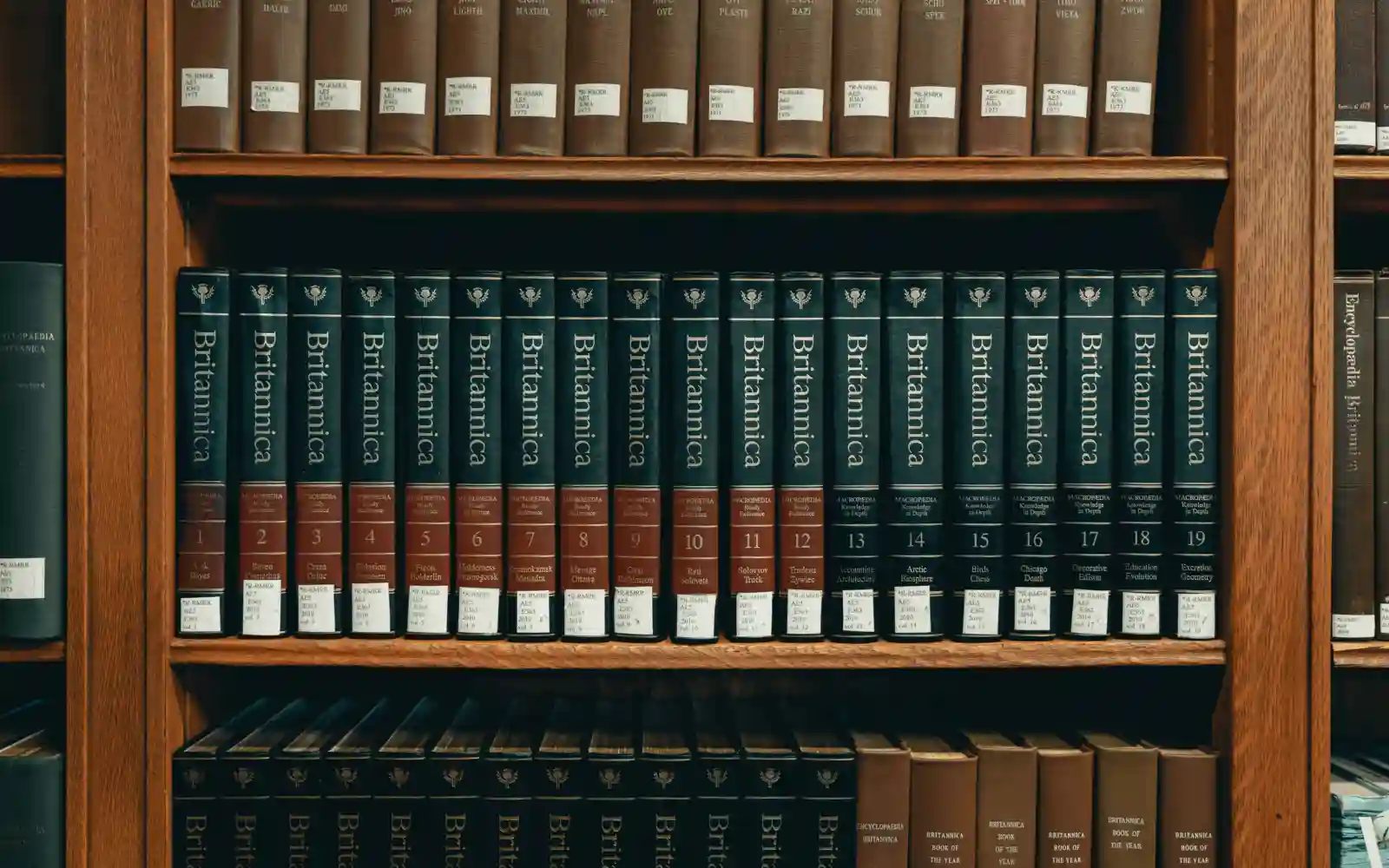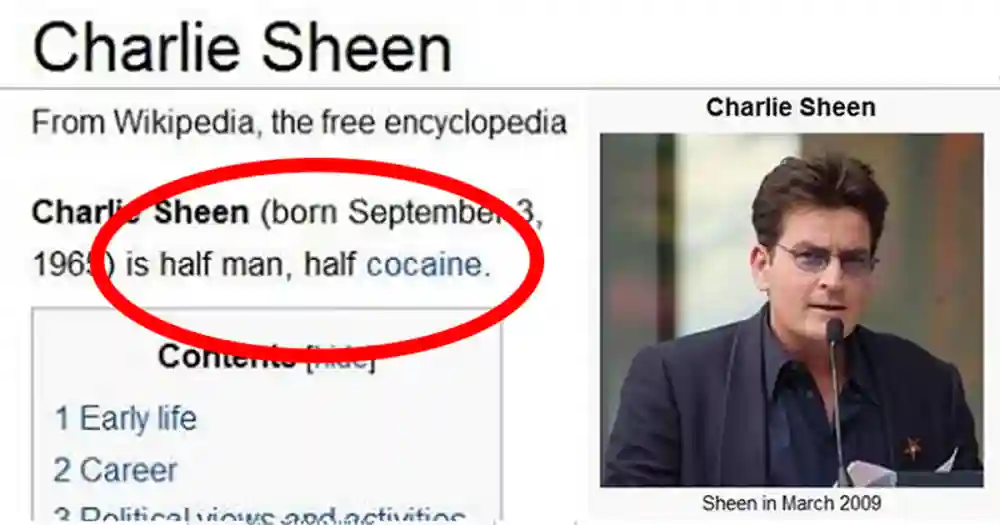The encyclopedia anyone could edit
When Wikipedia launched in 2001, nobody expected much. The idea was simple and to most people, completely absurd. Build an encyclopedia, but let absolutely anyone edit it. No gatekeepers. No credentials. No expert panel combing through citations. Just a big, blinking “Edit” button at the top of every page, inviting strangers from the internet to weigh in.
To a world raised on the trustworthy heft of Encyclopedia Britannica and its rows of leatherbound volumes, this sounded like chaos. Who would trust a bunch of anonymous internet users to get the facts right? Who would believe that collaboration without control could produce anything but disaster?
At best, it was a novelty. At worst, it was a disaster waiting to happen.









